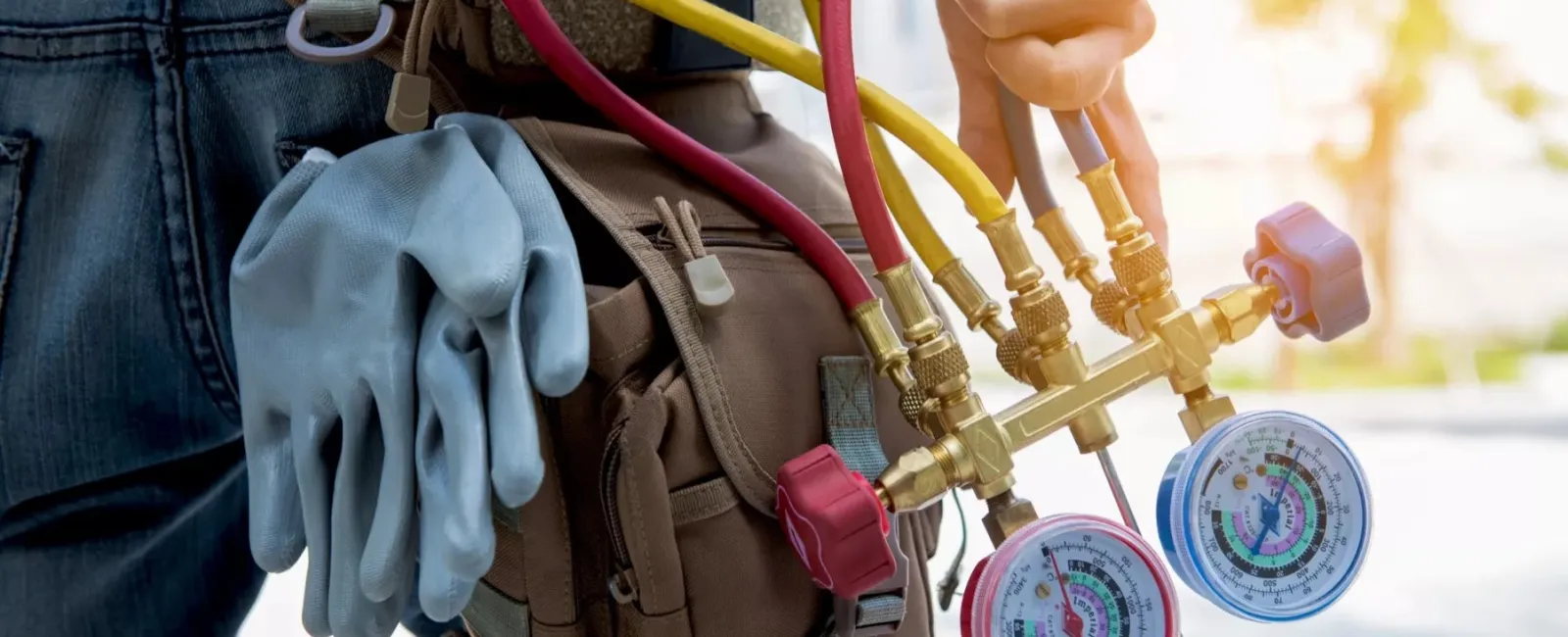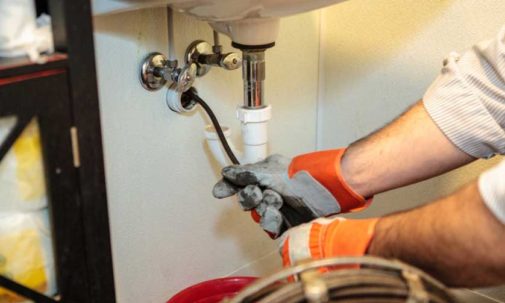They are making several good points regarding Expert Tips for Managing a Plumbing Emergency Until Help Arrives overall in this great article down below.

Pipes emergencies can strike at any time, creating tension and possible damage to your home. Whether it's a burst pipeline, a blocked drain, or a dripping faucet, understanding just how to handle the situation up until a professional plumber shows up can conserve you from additional difficulties. This short article offers important emergency pipes ideas to help you mitigate damages and gain back control during a pipes dilemma.
Shut off the Water Supply
The very first step in any type of plumbing emergency situation is to turn off the water supply. For local problems, such as a dripping faucet or toilet, switch off the shutoff near the component. In the case of a major leakage or ruptured pipeline, find your home's main water shut-off shutoff and transform it off promptly. Understanding the location of these shutoffs ahead of time can conserve important time during an emergency.
Address Little Leaks with Short-term Solutions
Tiny leakages can swiftly end up being considerable issues if left uncontrolled. Make use of these short-lived solutions up until expert help arrives:
While these solutions aren't irreversible, they can aid decrease water loss and damages.
Unclog Drains Pipes Securely
A stopped up drain can be a discouraging and messy issue. Right here's exactly how to tackle it:
If these methods don't work, prevent utilizing extreme pressure, as it might get worse the blockage.
Take Care Of Overflowing Toilets
An overruning toilet can cause immediate mayhem. Right here's what you must do:
Shut Off Your Water Heater
In specific emergency situations, such as a ruptured pipeline, it's wise to shut off your water heater. This avoids overheating or damage to the system when water stops streaming. Shut off the power supply to the hot water heater (electrical or gas) and allow it cool to stay clear of possible risks.
Briefly Quit a Ruptured Pipeline
A burst pipe can cause considerable water damages in mins. To alleviate the problem:
Call a specialist plumber instantly to address the trouble completely.
Take Care Of Frozen Piping Very Carefully
In chillier climates, frozen pipes are a common emergency. If you suspect a frozen pipe:
Avoid Further Damage
Taking fast activity to reduce damage can conserve you money and time over time. Right here's how:
. Have an Emergency Plumbing Package
Prepare a fundamental pipes emergency situation kit to manage minor problems successfully. Your kit must consist of:
Having these tools handy can make a significant difference in your capability to take care of emergencies.
Know When to Call an Expert.
While quick fixes can assist momentarily, certain plumbing issues need prompt specialist focus. Call a plumbing technician if:.
Promptly calling a specialist makes sure the problem is solved appropriately and prevents further problems.
Final thought.
Pipes emergency situations can be frustrating, yet with the appropriate expertise and devices, you can take care of the situation effectively till aid gets here. By turning off the water supply, dealing with small leakages, and using temporary fixes, you can minimize damages and maintain your home safe. Bear in mind, these pointers are short-lived remedies; constantly get in touch with an accredited plumbing professional to manage the source of the issue. Preparation and quick thinking are your ideal allies in any kind of pipes emergency.
8 Helpful Tips for Managing Plumbing Emergencies at Home
If your plumbing system hasn’t failed once, wait for it because almost everyone has a story to tell. Sometimes, it could be simple emergencies such as a leaking pipe, a blocked cistern, or even a big burst pipe. In situations like this, you need to have some handy tips to save you some money and from possible damages.
Take care of minor issues early.
Sometimes, you could have avoided an emergency by taking proactive measures while it was still early. Some major plumbing emergencies can be a result of an ignored minor issue. We recommend that you have items like plumbing tapes and other related items. A plumbing tape can allow you to manage minor leaks before the plumber arrives.
Cut off the water supply.
This tip is essential in almost any type of leakage problem. For problems like minor leakages in the toilet or kitchen, turn off the supply that takes water to the affected pipes. If the leakage is a major pipe, you must shut off the supply valve to the entire building. This will help you avoid flooding your home and neighbors if you share a flat.
Know your plumbing system
Folks typically move into a new apartment without understanding the water supply around the building. This can prove disastrous if a water emergency arises and the plumber is far away. The previous tip will prove useless if you don’t practice this one. More importantly, know where your water shut-off valve is located – you’ll need that knowledge to prevent potential home floods.
Have some common handy tools
There are lots of plumbing emergencies that you can handle without hiring a plumber. That’s why you must keep some tools available always. Some tools that you can use to fix simple plumbing emergencies easily include plumbing tapes, screwdrivers, thread seal tapes, plungers, pliers, tape measures, and rubber gloves.
Insulate your pipes from cold
You’ll save yourself from many plumbing expenses if you protect your water pipes from the cold. This is because of the harmful effects that cold weather can have on your pipes. During winter, your pipes can burst from being overly expected to freezing temperatures. So, make sure insulators are there to keep the pipes working correctly.
Avoid practices that will clog your toilet.
Many people indulge in practices that can damage the plumbing system of the entire building. One of these is when they use their toilet to dispose-off garbage. They flush all kinds of things, such as paper towels, bandages, hairs, female sanitary products, etc., down the toilet. This will block your toilet in the long run, incurring unnecessary expenditures. Dump such waste in the trash instead.
Check your dials regularly.
Sometimes, there could be leakages in your home without noticing them in time. So, constantly monitor your water meter dial. If the dial is reading when there is nobody using water, this is an indicator that there is leaking. Check for leaks immediately. Call a plumber as soon as possible if you can’t find any.
https://www.constructionplacements.com/8-helpful-tips-for-managing-plumbing-emergencies-at-home/

I am very taken with Expert Tips for Emergency Plumbing Repairs and I am hoping you liked the new post. Sharing is nice. You just don't know, you may very well be helping someone out. Thanks for your time. Come back soon.
Call